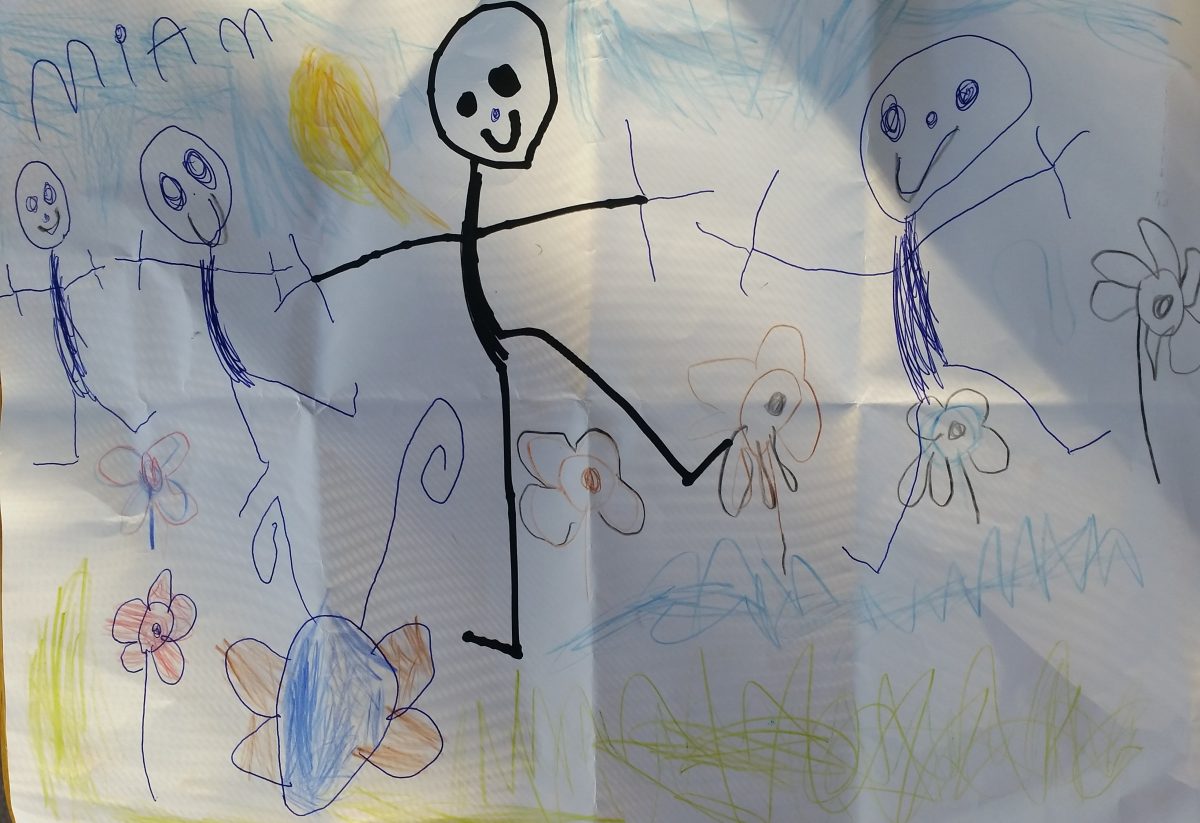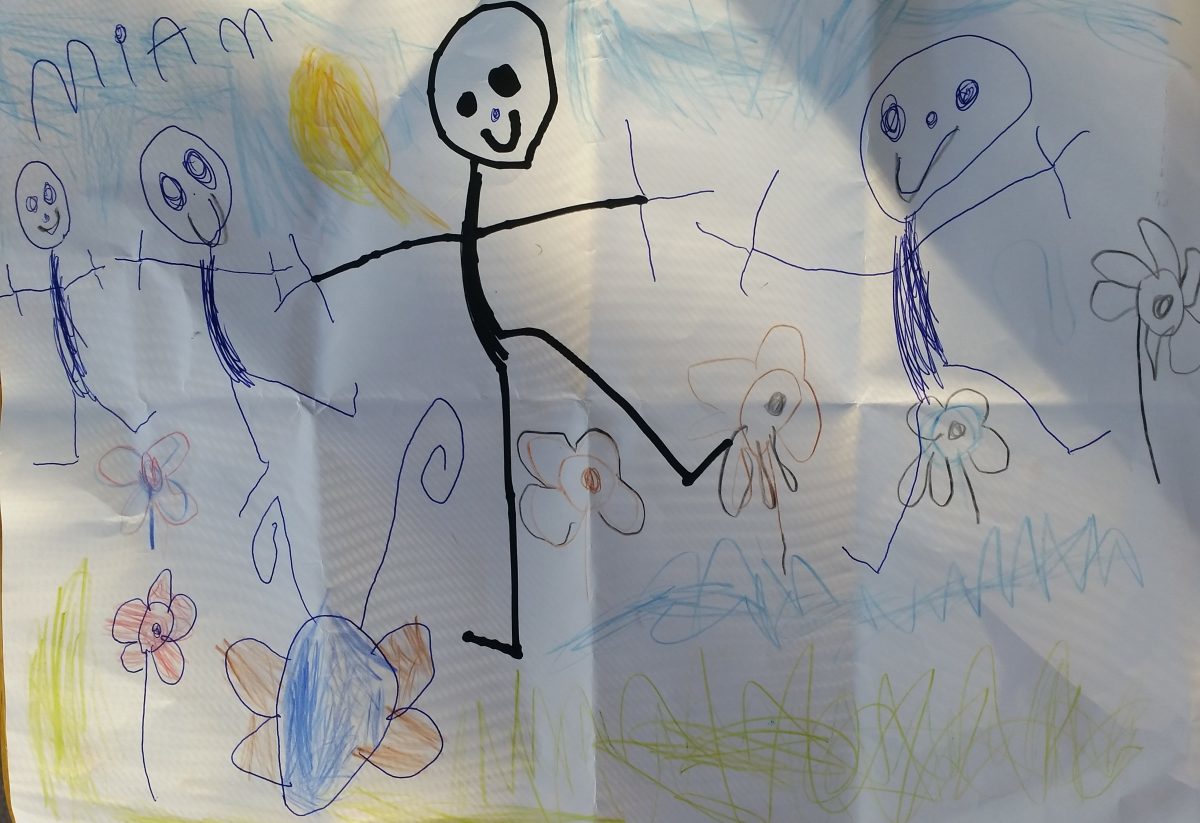
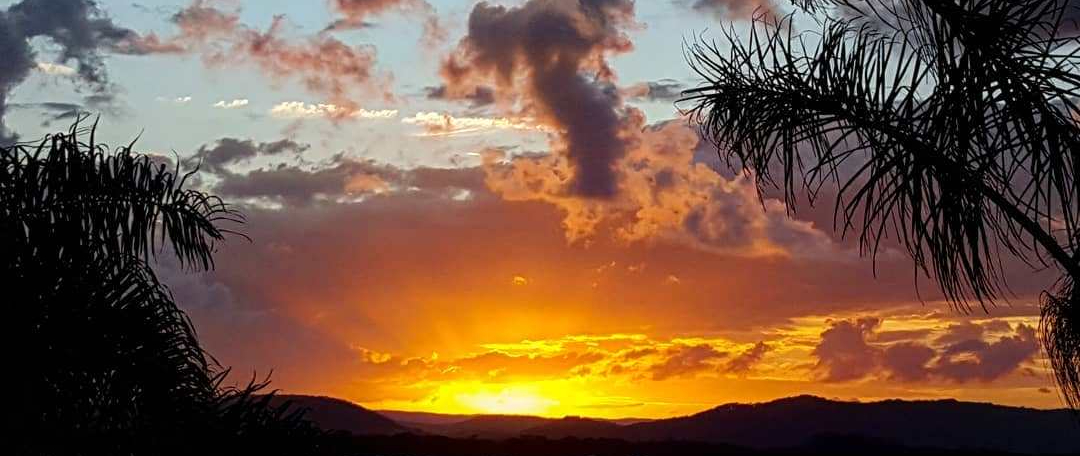
There’s a way a disaster throws people into the present and gives them this supersaturated immediacy that also includes a deep sense of connection. It’s as though in some violent gift, you’ve been given a kind of spiritual awakening where you’re close to mortality in a way that makes you feel more alive. You’re deeply in the present and can let go of past and future and your personal narrative, in some ways. You have shared an experience with everyone around you, and you often find very direct but also metaphysical senses of connection to the people you suddenly have something in common with.
(Rebecca Solnit, on On Being with Krista Tippett)
Vulnerability is the birthplace of innovation, creativity and change…[it] sounds like truth and feels like courage. Truth and courage aren’t always comfortable, but they’re never weakness.
(Brené Brown)
When we least expect it, life sets us a challenge to test our courage and willingness to change; at such a moment, there is no point in pretending that nothing has happened or in saying that we are not yet ready. The challenge will not wait. Life does not look back. A week is more than enough time for us to decide whether or not to accept our destiny.
(Paul Coelho)
Just over a year ago, Eva received her first dose of chemotherapy. Her next one was two weeks later on December 20th. Christmas Day 2016 was outstandingly depressing; she spent most of the day in a post-chemo fog, prostrate on the couch. I remember in the afternoon walking down to the veggie village with our 9-month old baby as our 4 year-old daughter stayed home and watched a movie on the sofa beside Eva. The heaviness was immense, exacerbated by the season. But even then, there was peace in nature. The grass was at its greenest before the long months of a Queensland summer took its toll. Our son crawled and bum-shuffled, fascinated by sticks and stones and the cool earth.

So one year on, where are we along this road? Over the last months, Eva has re-read parts of the Breast Days of Our Life. She described it as providing a narrative and structure for her own personal experience of diagnosis and treatment of stage 3 breast cancer. The four months of chemotherapy are particularly hazy for her due to the cognitive effects of the cytotoxic medicine. She asked me recently if I had thought about writing anything on it again; I had, but also needed a break in the post-treatment period. We needed space to recreate and re-establish this new existence.
And life has gone on. Our daughter finished her first year of school, apparently unscathed by the experience of the last year (if her volume of speech and energy levels are anything to go by). She thrived and buzzed under the tutelage of her amazing prep teacher. She had mini-dramas with friends, grew stronger and more co-ordinated, and now is able to read her toddler brother his baby books.
Our baby is well and truly a toddler. He speaks first words in a mixture of Germlish (German and English). He propels himself headfirst into the swimming pool. He is doted upon by his older sister’s friends. He is engaging and smiling and affable. He shrieks with delight, and also with dismay when he is no longer allowed to play with the Christmas tree lights plug at the socket.
In the past month Eva has experienced more and more days where her energy levels remain equal and stable over the course of a day. She no longer feels like she must sleep as soon as Luca has a nap, for fear of not being able to make it to the end of the day without feeling like death. She continues to process her new body which has changed in so many ways. She has gone from a breastfeeding mother of an 8 month-old to a menopausal 37 year-old whose hair is no longer even the same anymore, who has had both breasts and her ovaries removed. She has pragmatically and bravely faced questions and potential issues around her new identity, and asked herself if it even changes anything about her identity? She is re-establishing a life which she had just settled in to one year ago – enjoying being a stay-at-home parent looking after a baby – to questioning whether she ‘should’ go back to work, or should she stay at home with a rambunctious toddler? Her feelings change but she has found some settledness in the thought of letting her body and mind continue to heal for the coming year at least without having to consider re-embarking on her professional journey again. The comorbidities of breast cancer survivors are now well-recognised in the literature; it is difficult and tiring to try and explain to people why she is not yet herself.
We attended the ‘Club Chemo’ Christmas party, organised by her medical oncologist for 300 of her patients and their families/support people. It was a good, if strange, experience. Eva appeared to be the youngest in the room, with perhaps a few more patients in their forties. But it was a good reminder of how life goes on and people continue to return to this Christmas party year after year.
But we hold within us the tension of two potential futures; one is where Eva lives to old-age and dies of a non-cancer related event and has nothing to consider again in relation to her experience of cancer. And the other option is of a recurrence, which, at present, is a terminal diagnosis. Metastatic breast cancer has no cure, although people can live for years with ongoing chemotherapy and radiotherapy to reduce the cancer burden.
I remember in one of the first blog posts I stated rather emphatically and probably aggressively that I did not want to view this as a heuristic or didactic process. I would never condone portraying any difficult experience as being there primarily as a reason to teach or instruct. However, there have been surprising and noticeable lessons gleaned over the past year. Here is a distilled version of them.
- Uncertainty is endemic to the human condition
So much of our life is concerned with trying to reduce uncertainty and increase security. (It’s interesting that I used ‘security’ as a synonym for ‘certainty’.) Starting with dealing with a crying baby, we are unnerved by not knowing exactly why they are crying. As we grow older, education is perceived as an investment in the future to make certain of financial stability and opportunity in adulthood. Financial stability is one of the hallmarks of how we define security and certainty; are we financially ‘secure’? Are we financially ‘independent’? Whole sectors are based on identifying variables which are a potential threats to this source of security. And it goes on and on. This year’s experience of cancer has thrown the uncertainty of multiple areas of our life into a harsh light of scrutiny: health, finances, employment, relationships (both within and outwith our family), mental wellbeing, and the unknown future.
But out of this uncertainty has come growth and opportunity: our relationship is better than it has ever been; we’ve experienced how resilient we are as individuals, a couple, and as a family; we’ve experienced overwhelming love and care and generosity from others; we’ve learned to ask for help from others; we’ve realised new areas of strengths, and have framed our weaknesses within a more balanced perspective; we have experienced how vulnerability has begotten courage, which has led to strength. We have learned to be less unnerved by the vicissitudes of life, and to accept that suffering is part of this beautiful, unpredictable, rich, and rewarding life. Our blessings are inestimably more than the trials of millions (billions?) of others.
2. Perhaps people are mostly kind, good, and caring?
The premise of our individualistic western societies is that we need to care for ourselves first, which then extends to our immediate families. Thereafter, it can be a free for all. We have outsourced care for extended family to other organisations and the state. The corporate sector is beginning to wake up to the fact that people are no longer driven purely by financial reward, celebrated success, or prestige. People require purpose and meaning in their occupations to maintain feelings of contentment and connection. One of the main ways of doing this is by identifying ways in which an organisation is helping others. Personal experience through our upbringing and later life experiences can darken this view. Religious beliefs in some circles are based on the premise that humans are ‘fallen’ and innately sinful and lacking goodness. One of our experiences, alluded to above, is re-experiencing the goodness of others. The presence of demonstrable expressions of love and care was a shocking reminder of how much I did NOT expect this from people. We feel irrevocably changed by others’ openness and thoughtfulness. Rebecca Solnit (above) describes this as ‘this supersaturated immediacy that also includes a deep sense of connection’, this ‘violent gift…that makes you feel more alive.’ We do feel more alive, more purposeful in our day-to-day existence. We’ve started learning self-compassion, seeing the uselessness of perfectionistic, fearful, driven tendencies. Imagine how we would change our worlds if we treated ourselves and others with the expectation of kindness, goodness, and altruism?
3. Vulnerability, strength, courage, and purpose are closely related
We tend to idolise overt displays of success and achievement. We ascribe characteristics of strength and courage to people who seem to have reached significant states of wealth, fame, or even ‘nobler’ pursuits, such as personal development or artistic endeavour. But we are slow to recognise the traits which stem from vulnerability – openness, transparency, genuineness. We tend to downplay that courage is not always comfortable, as Brené Brown says, and that vulnerability is the birthplace of innovation, creativity, and change.
It’s hard to encapsulate how the vulnerabilty we have felt and displayed this year has changed us and opened up new opportunities, because it is still an emerging and ongoing process. But it’s undeniable that our willingness to change, despite not feeling ready (when are we ever ready for disaster?), is endowing us with a greater sense of expectancy and excitement for the future, no matter what that may be. Like Paul Coehlo says, the challenge will not wait, and life does not look back.




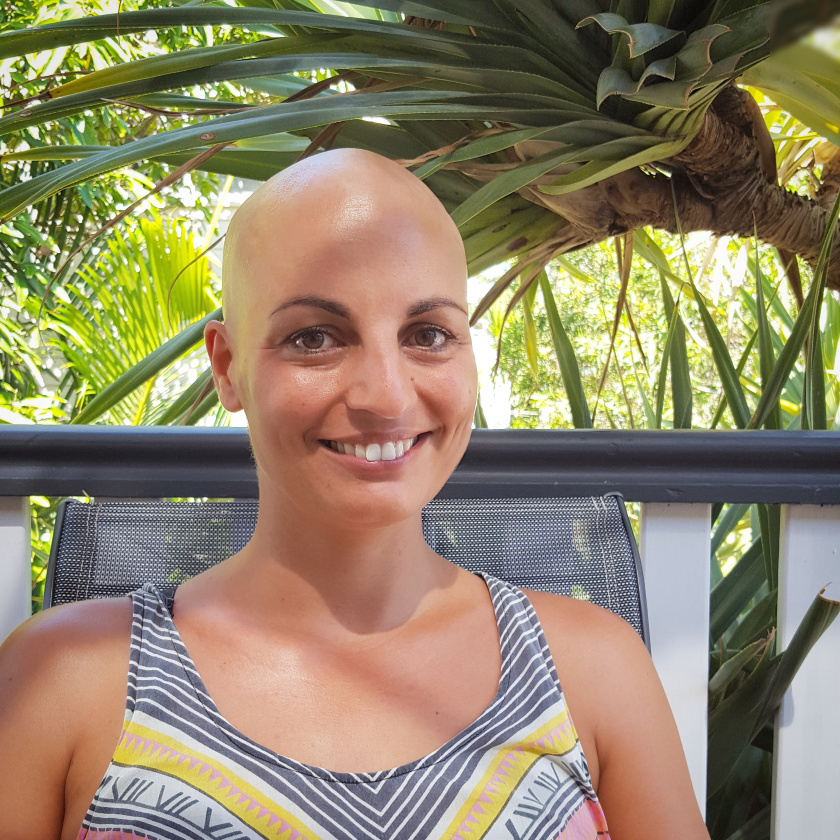

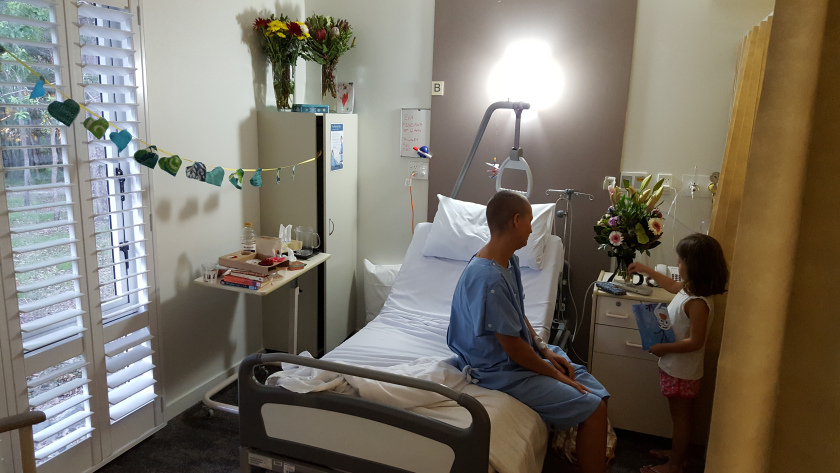
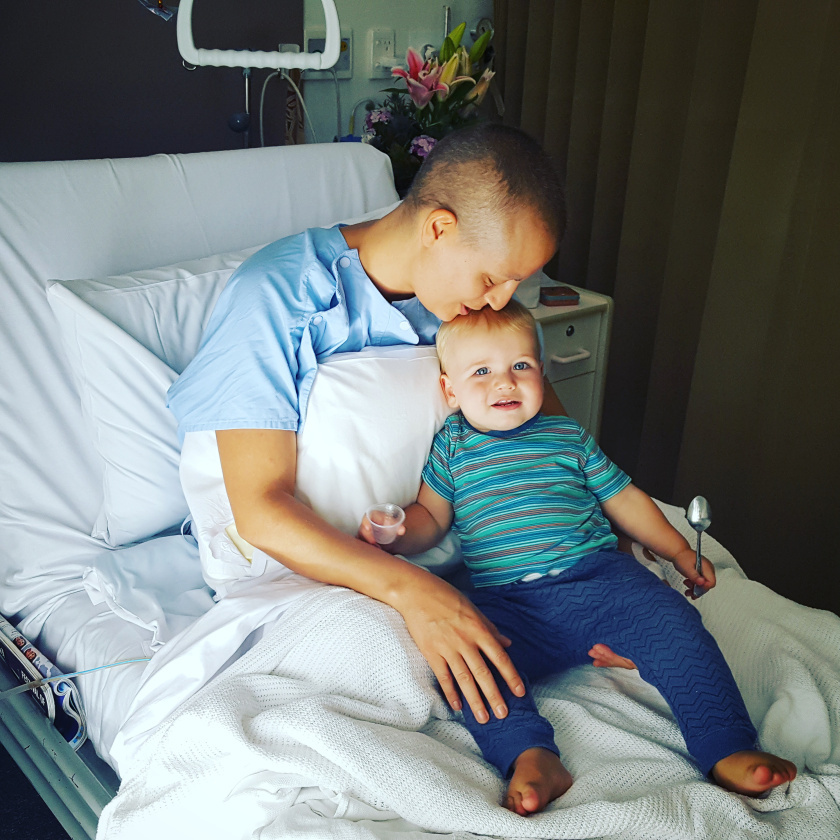


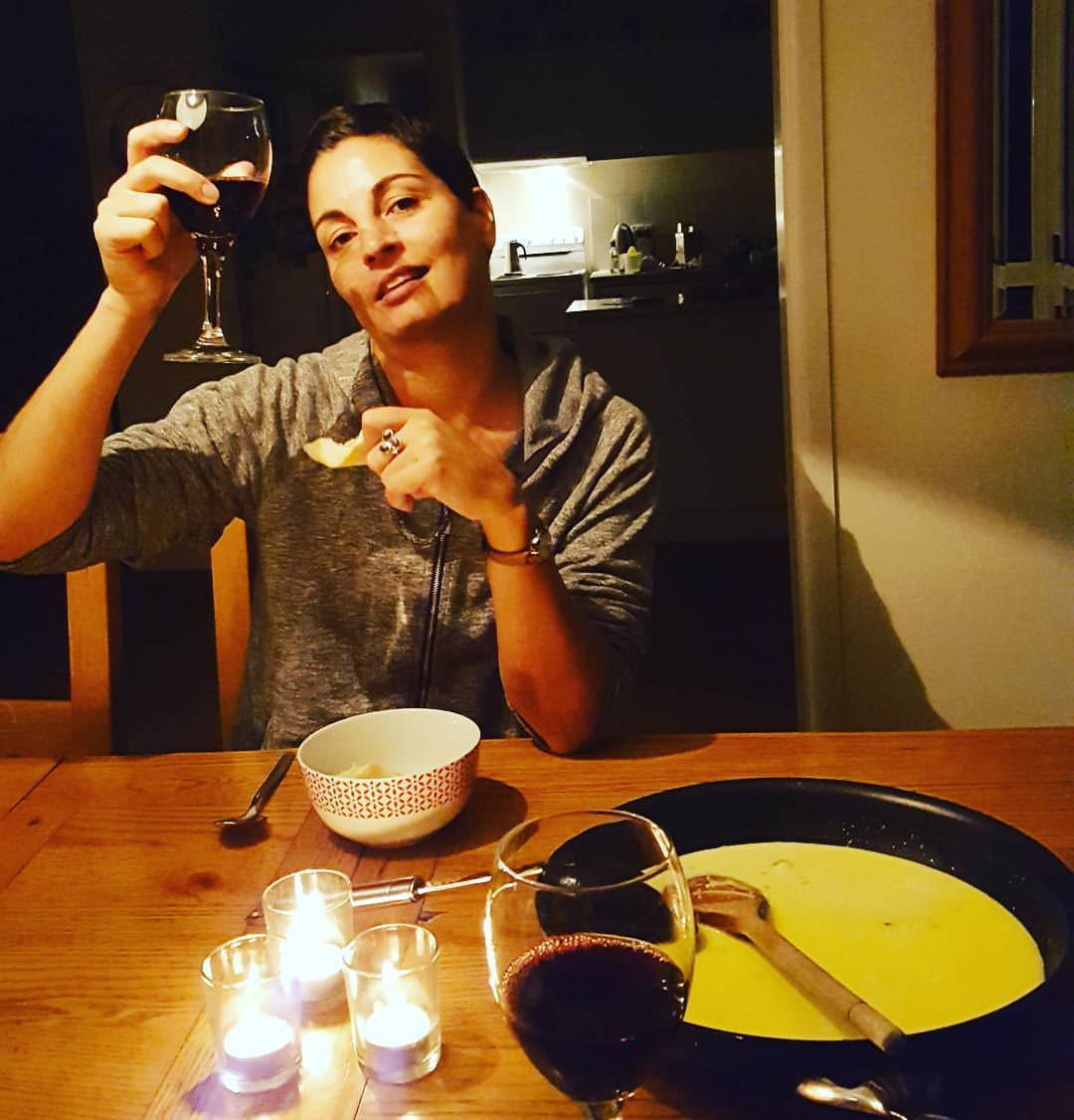

Originally published at thebreastdaysofourlife.wordpress.com


